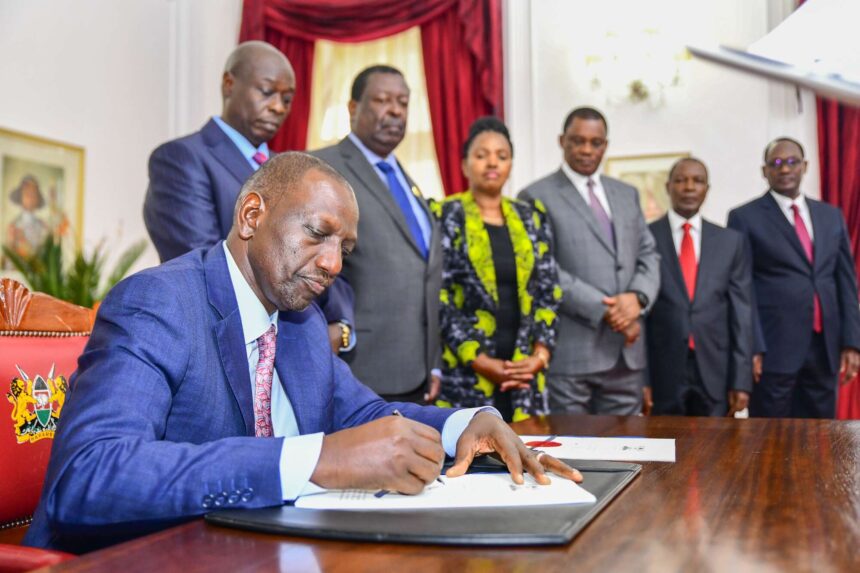The Kenyan Senate has passed the controversial Enterprise Bill 2022, laying the foundations for transforming the country’s thriving entrepreneurial ecosystem.
If signed into law by President William Ruto, the bill would require Kenyan startups to allocate at least 15% of their revenue to research and development and hold all Kenyan members accountable for legal recognition and government support. The bill is currently awaiting presidential approval.
While the bill introduces a range of incentives to support innovation, including tax breaks, grants, incubation schemes and credit guarantee schemes, it has also raised concerns about its need for all Kenyan owners.
Critics say the bill could stifle growth by excluding startups with foreign investors or those with foreign investors who fail to comply with the bill of lading. These enterprises are a significant part of Kenya’s economic growth, but their growth is limited by their lack of access to substantial benefits.
- Advertisement -
One section of the law states, “No if an entity is wholly owned by one or more Kenyan citizens and at least 15% of the entity’s expenditures are attributable to ‘research and development activities.’”
Critics of the bill say it is well-intentioned, but warn that its strict requirements could stifle the innovation it aims to encourage. Many successful businesses in Kenya have attracted foreign investment and have foreign owners or partners, and their involvement and expertise have made Kenya an innovation hub for Africa.
Local ownership laws could stifle these new ventures and make the country less attractive to international businesses. Kenyan startups have attracted billions of dollars in venture capital funding over the years, underscoring the country’s growing attractiveness to investors. According to Africa’s Big Business, startups in the country are expected to reach $638 million (Ksh82.3 billion) in 2024.
The 15% R&D spending policy is welcome because it aims to encourage innovation in Kenya’s startup industry, encouraging developers to patent, register software and engage in significant research; all things that are important for international competitiveness. As Kenya’s economy begins to grow, there is a need to push companies to prioritize long-term change and intellectual property ownership.
If President William Ruto signs the bill into law, the Startup Registry will oversee startup operations, including research activities and tracking working capital. While such an audit could increase accountability, it also raises questions about the compliance burden on startups already facing tight budgets and challenges. The economy is tough.









